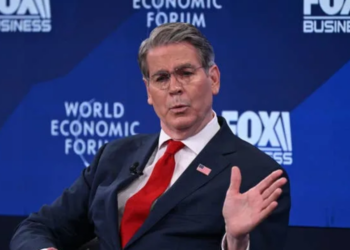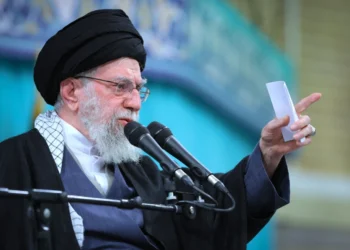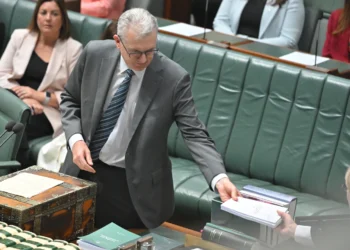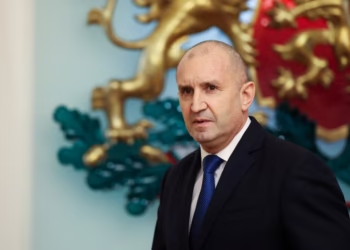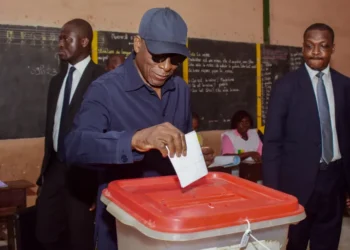SEOUL (Realist English). Lee Jae-myung, the leader of South Korea’s opposition Democratic Party, has been elected president in a high-stakes snap election triggered by the impeachment of former leader Yoon Suk Yeol. The vote marks a major political shift after months of national instability and a failed attempt to impose martial law.
Lee secured 49.42% of the vote, defeating conservative rival Kim Moon Soo, who received 41.15%, according to the National Election Commission’s final tally. He will be sworn in immediately—skipping the standard 60-day transition period—at a ceremony in the National Assembly, Yonhap News reported.
The snap election follows the dramatic ouster of Yoon, who was removed from office in April by South Korea’s Constitutional Court after declaring martial law in December—a move that plunged the country into its deepest constitutional crisis in decades.
Lee, who narrowly lost to Yoon in the 2022 race, campaigned on a platform of economic reform, institutional stability, and recalibrated foreign relations. Despite legal uncertainty surrounding allegations of election law violations, a ruling on his case was deferred by the High Court until after the vote.
Markets responded favorably to Lee’s win. The Kospi index surged more than 2%, reaching a ten-month high and approaching bull market territory. The Korean won also strengthened modestly to ₩1,376.3 per U.S. dollar.
According to analysts at Eurasia Group, Lee’s presidency is expected to tilt left on economic and social policies, despite his centrist tone during the campaign. “Key watchpoints include the size of a second supplementary budget and Lee’s approach to U.S. tariff negotiations,” the group noted, adding that Lee will face immediate pressure to revive growth and secure a trade deal with Washington.
Talks with the United States on a package agreement over tariffs were initially set to conclude by July 8, but Lee has already called for an extension, signaling a more deliberate and comparative approach, potentially benchmarking terms agreed with Japan and other allies.
Lee’s foreign policy stance, particularly toward China and North Korea, is expected to depart from Yoon’s confrontational posture and seek more nuanced engagement.
Lee’s election represents a dramatic realignment in South Korean politics—one driven not only by the collapse of the Yoon administration but also by public demand for institutional caution and pragmatic diplomacy. His success or failure in balancing domestic recovery with complex international negotiations may define South Korea’s strategic trajectory for years to come.



